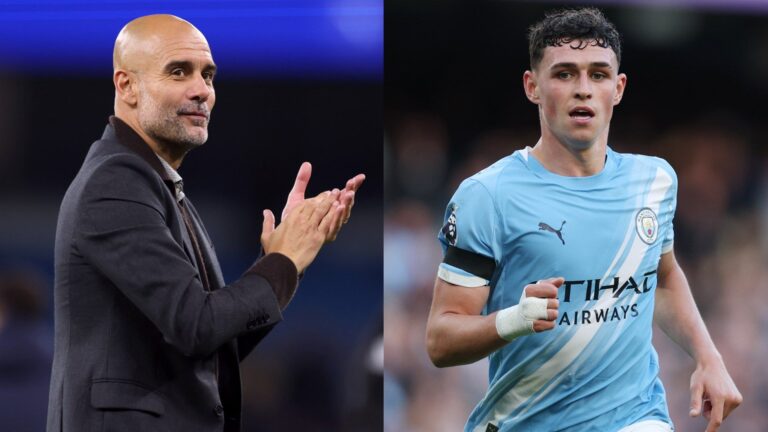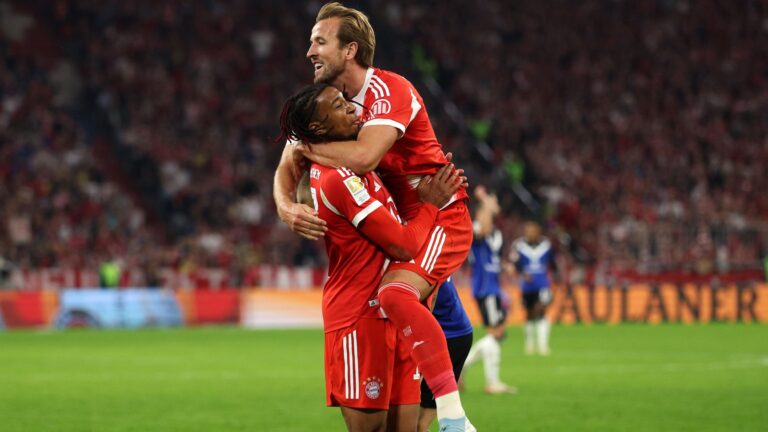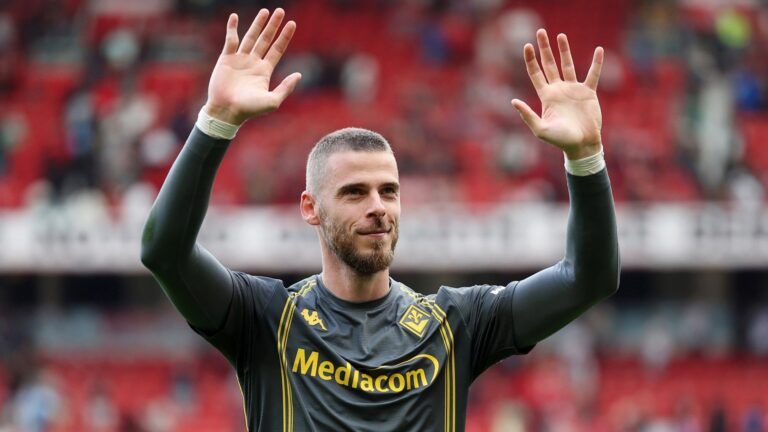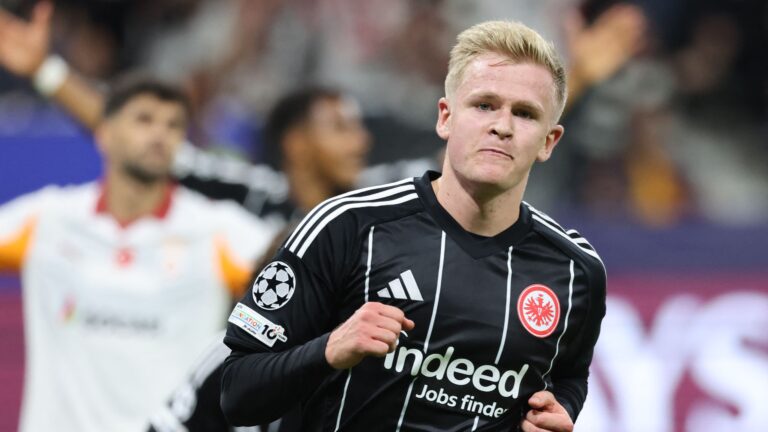تستمر المقالة أدناه
تستمر المقالة أدناه
تستمر المقالة أدناه
- Ex-Bayern director slams German football
- Sammer affirms lack identity and tactical discipline
- Quarter-final exit praised like a بطولة


السابق بايرن ميونيخ sporting director slammed the current state of the وطني game, claiming German football has lost its identity, is guilty of “selling average as world-class,” and no longer plays with the intensity or unity that once defined it. In a wide-ranging interview, he hailed إسبانيا و لويس de la Fuente’s understated efficiency as the model to follow.
ألمانيا‘s Euro 2024 campaign ended in the quarter-finals, when the host nation were eliminated by Spain in a dramatic extra‑time defeat. They were then defeated by البرتغال in the semi-final of the Nations League. Yet, former German Football Association (DFB) technical director Sammer, who also worked at Bayern Munich and بوروسيا دورتموند, argues the results were dressed up as successes. He sent out a stark warning that risk falling behind in modern football if they continue to celebrate mediocrity. Sammer lamented the disappearance of core German values, compactness, discipline, and character, replaced instead by “sugar coating” and a lack of real scrutiny.
في مقابلة مع Kicker, Sammer told that he believes Germany lost what once made them dominant on the world stage: “As our football history shows, we Germans have always played as a متحد, robust, and compact team. We had individual players who were geniuses; but as a team, we were a machine. Today, we are at most a machine.”
He warned that the DFB has failed to preserve the delicate balance between evolution and tradition: “German football has lost its fundamental identity and, with it, its essential strengths. We haven’t managed to strike the balance between innovation and tradition needed to preserve our identity. I deliberately ask myself the provocative question: What does German football actually stand for today? I can’t see it… we must not artificially gloss over results just to avoid unrest. We are still stronger at glossing over things than at critical analysis.”
As an example to emulate, Sammer pointed to Spain’s composure and maturity during Euro 2024: “[Luis] de la Fuente doesn’t over-celebrate when a goal is scored; there’s no fuss. Attention is immediately drawn back to the game. We’re already freaking out after the group stage, so I don’t know how we could improve on the title.”
He also criticised the media and public for treating a quarter-final exit on home soil as a triumph: “The quarter-finals at the 2024 بطولة أوروبا were sold to the public like a title. So we’re selling average as exceptional. German football must learn again not to sell average as world class.”
Sammer’s message is clear: German football must re-establish its identity by blending tradition with modern football realities. The emphasis needs to return to collective discipline, honest evaluation, and long-term planning. Whether coach Julian Nagelsmann can guide the national team forward without falling into the trap of “over-celebration” and false progress will be one of the biggest challenges.









